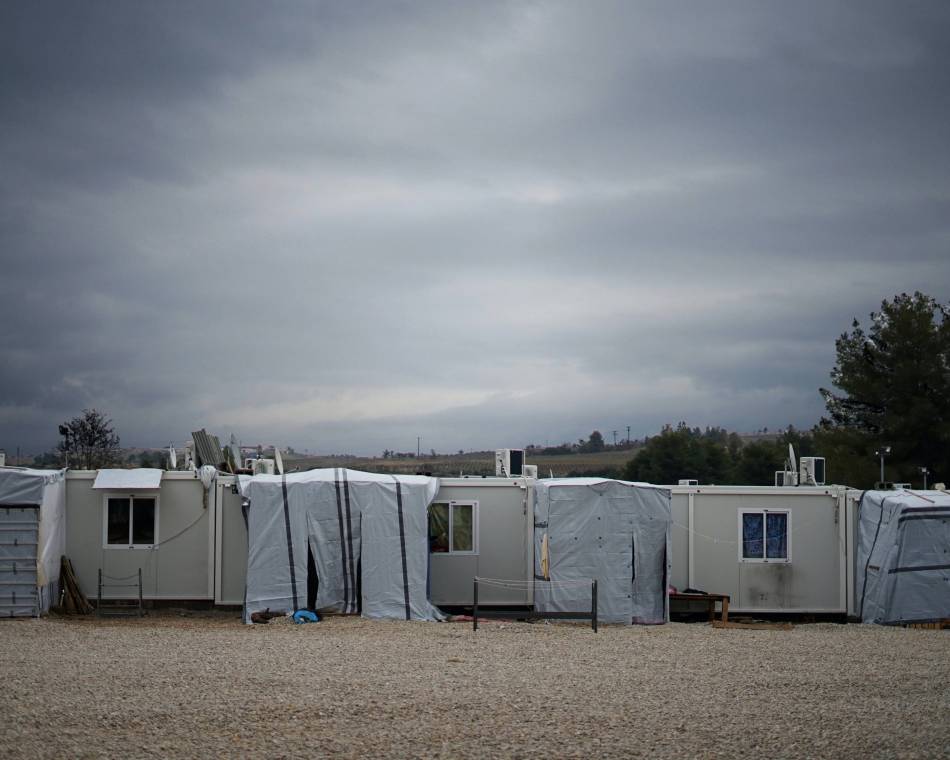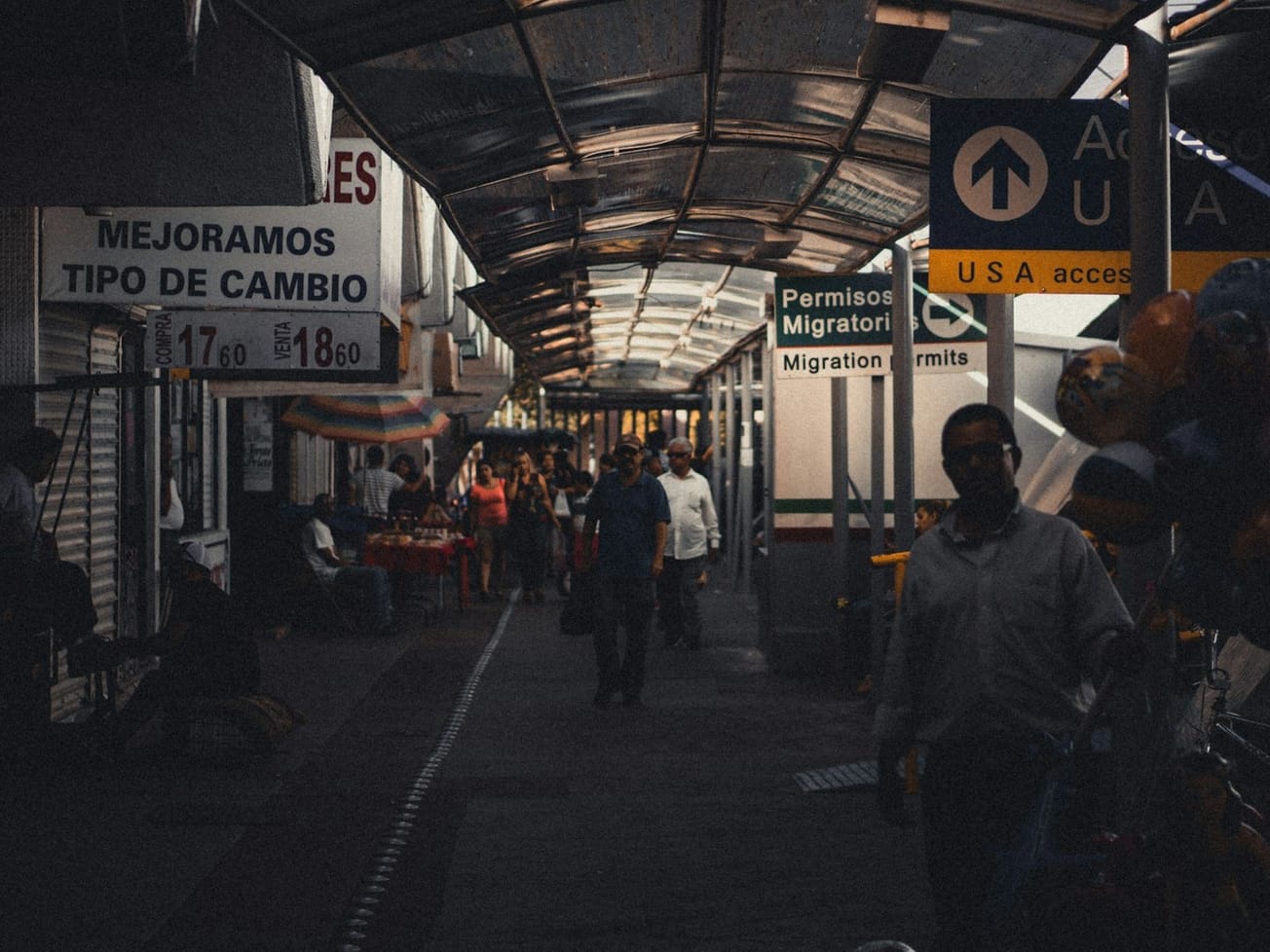GENEVA (AN) — Despite the COVID-19 pandemic's closed borders and lockdowns, the global number of people fleeing wars, conflicts or human rights violations rose to almost 82.4 million people last year, the ninth straight annual increase, the U.N. refugee agency reported on Friday.
That is roughly equal to the populations of Germany or Iran, and is up 4%, or 2.9 million people, from the already record high 79.5 million people displaced in 2019, according to the latest Global Trends report from the Office of the U.N. High Commissioner for Refugees, or UNHCR.








